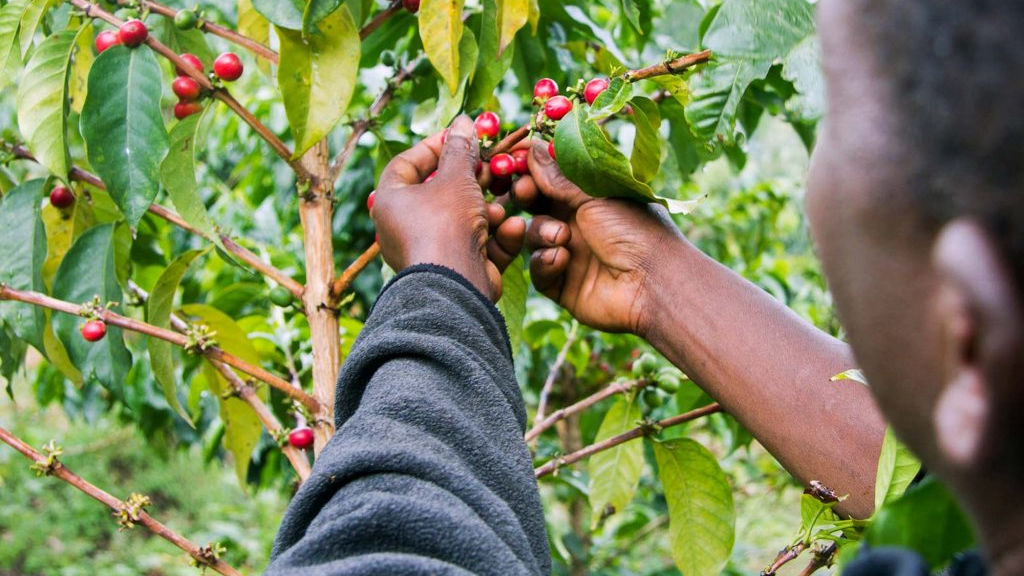

When visiting Tanzania for a safari, you might also have the opportunity to explore farming activities, especially in rural areas and near national parks or conservation areas. While the primary attraction in Tanzania is its wildlife, the country’s rich agricultural sector can offer a different but equally fascinating experience. Here are some farming activities and experiences that you could explore during your safari:
1. Coffee Farming
Location: Areas around Mount Kilimanjaro, particularly in the towns of Moshi and Arusha.
Activity: Tanzania is known for producing high-quality coffee, and many farms offer tours where you can see the entire process—from planting and harvesting to roasting the beans. You may also get a chance to taste freshly brewed coffee made from beans grown on the farm.
2. Maize and Vegetable Farming
Location: Central and Southern Tanzania, especially around Dodoma and Morogoro.
Activity: Maize (corn) is a staple crop, and farmers in these regions also grow various vegetables like tomatoes, onions, and cabbage. Depending on the time of year, you may be able to see these crops being harvested or even participate in the work.
3. Sugar Cane and Cotton Farming
Location: The Southern Highlands of Tanzania.
Activity: Sugar cane farming is common in this area, and cotton is another important crop. Tours of sugar plantations often include visits to the mills where the cane is processed into sugar.
4. Livestock Farming
Location: Maasai Mara region, Ngorongoro Highlands, and areas near Tarangire and Serengeti National Parks.
Activity: Many indigenous communities, like the Maasai, practice pastoralism, herding cattle, goats, and sheep. Visiting a Maasai village offers a chance to learn about their traditional ways of life and livestock farming practices. You can see cattle herding, milking, and perhaps even take part in some activities.
5. Fruit Farming
Location: The lush areas around Zanzibar and along the coast of Tanzania.
Activity: Tropical fruits like bananas, pineapples, mangoes, and papayas are grown in abundance. You can tour fruit farms, learn about the growing process, and even sample fresh fruits.
6. Rice Farming
Location: The Kilombero Valley and the Rufiji River Delta.
Activity: Rice farming is an important part of agriculture in the central and southern regions of Tanzania. The Kilombero Valley is particularly famous for its rice production. Depending on the season, you can witness rice harvesting or irrigation practices.
7. Tobacco Farming
Location: In the western regions of Tanzania, particularly near Tabora and Kigoma.
Activity: Tanzania is a producer of tobacco, and farms in these areas grow tobacco for export. You can explore the process of tobacco cultivation and curing, and learn about the local tobacco industry.
8. Spice Farms in Zanzibar
Location: Zanzibar Island.
Activity: Zanzibar is renowned for its spice farms, especially for cloves, cinnamon, nutmeg, and black pepper. You can visit spice plantations to see how these aromatic plants are grown and harvested, and even enjoy a guided spice tour that ends with a flavorful meal featuring local spices.
9. Beekeeping (Apiculture)
Location: Various rural areas of Tanzania.
Activity: Beekeeping is a traditional activity in Tanzania, and you can visit small-scale apiaries to learn about the process of honey production. This could be especially interesting for those who want to learn about sustainable farming practices.
10. Fishing Activities (In Coastal Regions)
Location: Coastal areas such as Dar es Salaam and the islands of Zanzibar and Pemba.
Activity: While not farming per se, fishing is an important livelihood in coastal Tanzania. Visiting small fishing villages allows you to observe how fishing is done, from traditional methods to more modern practices.
Combining Safari with Farm Visits
In addition to wildlife safari experiences in places like Serengeti, Ngorongoro Crater, and Tarangire, many tour companies offer combined itineraries that include farm visits. These tours are usually guided and provide insight into rural Tanzanian life, agriculture, and sustainable farming practices, all while exploring the natural beauty and wildlife the country is famous for.
Practical Tips:
Best Time to Visit: The dry season (June to October) is usually the best time to visit for both safari and agricultural experiences. However, for specific farming activities like coffee harvesting, the wet season (November to April) may offer a more authentic experience.
What to Pack: If you’re visiting rural areas for farming tours, comfortable clothing and shoes for walking are important. It’s also a good idea to bring insect repellent, especially in tropical areas.




